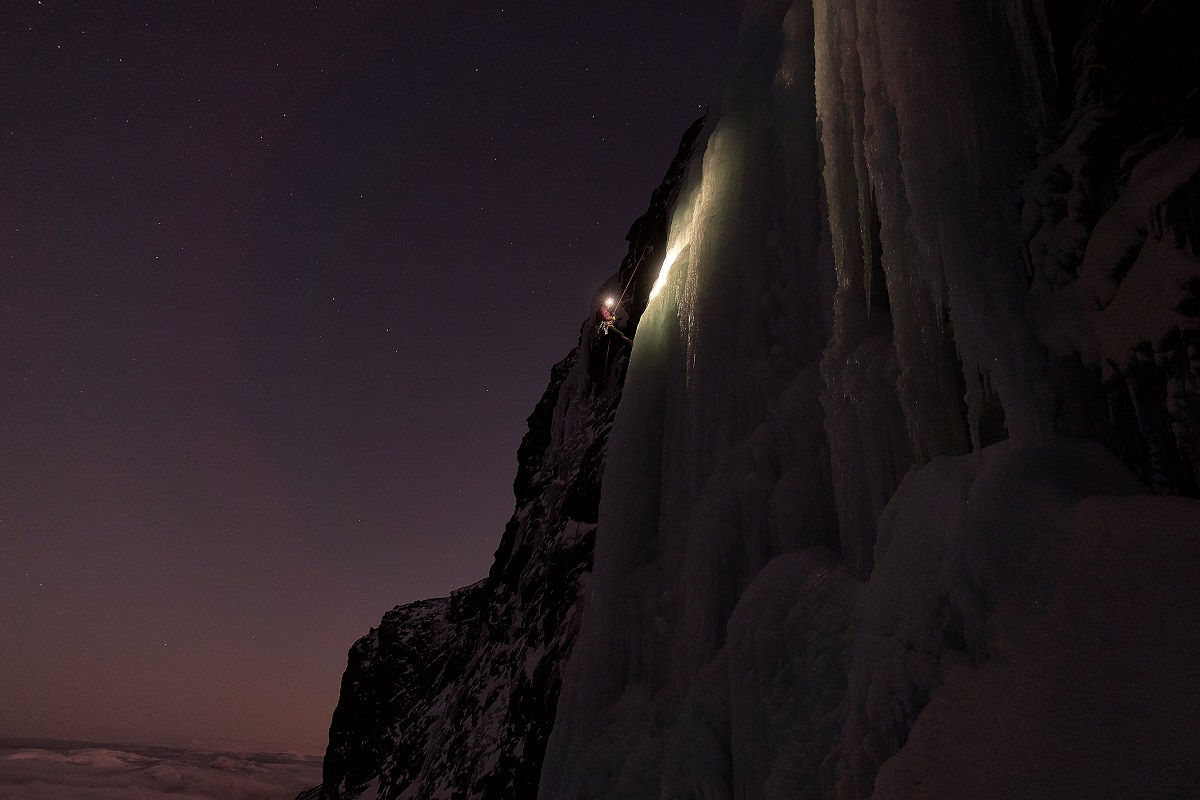Ice Climbing in Sweden: Top Outdoor Adventures Awaiting You
5.0
(19 reviews)
Conquer the frozen falls of Sweden submerged in the sublime arctic scenery
Ice climbing is an exhilarating way to explore the natural wonders of the country, including the historic region of Lapland. The depths of winter create the perfect ice playground for conquering the frozen waterfalls. And no matter your level, experience the outdoors in national parks and UNESCO-listed areas. Visit during the winter months between December and April for ideal ice climbing conditions.
Top ice climbing trips | Sweden
"Easy booking for a perfect adventure!"
4.8
Read all our verified reviews
FAQs: Ice Climbing in Sweden
What should I know about Ice Climbing Sweden?
Located in the northernmost province, Lapland covers almost a quarter of the territory of Sweden. The region has been populated by the nomadic Sami people for centuries, who now blend with Swedish, Finnish and Norwegian communities. Lapland is well known for its Vindelfjällen Nature Reserve, which is one of the largest in the whole country, while other regions are protected as UNESCO World Heritage Sites.
Why should I choose Sweden for my Ice Climbing adventure?
A climb suited for all
The sport of ice climbing offers exhilarating climbs set among fascinating scenery. It is also one of the best and original ways to explore the lush landscape of Lapland. Yet there are climbs for everyone, whether you’re a first timer or seasoned climber.
Stunning frozen scenery
In the depths of the winter months, the valleys of Lapland turn white and is glazed with ice. Waterfalls slow then stop as the water freezes, forming excellent sheets of ice to climb. This natural playground is set among a background of breathtaking natural beauty, consisting of national parks and UNESCO-protected areas.
Ancient arctic lands
The region of Lapland has weathered many waves of immigration. Once considered a no man’s land, the region began to be populated by the Sami people, a nomadic people connected to reindeer herding with their own language and culture. Then Swedish people becan to settle in the region, followed by Finnish and Norwegian people.
What can I expect from the weather in Sweden?
The region of Lapland has a subarctic climate that is characterised by cold and snowy winters. And the dry, crisp air moderates the temperature. Temperatures can dip to -16°C
to 3°C in the depths of winter.
Which language is predominantly spoken in Sweden?
Swedish and Sami.
What currency is accepted in Sweden?
Swedish krona.
What’s the country code of Sweden?
+46.
What’s the high season for Ice Climbing in Sweden?
Visit during the winter months between December and April for ideal ice climbing conditions.
Join our newsletter!
Stay up-to-date on the best adventures.


















